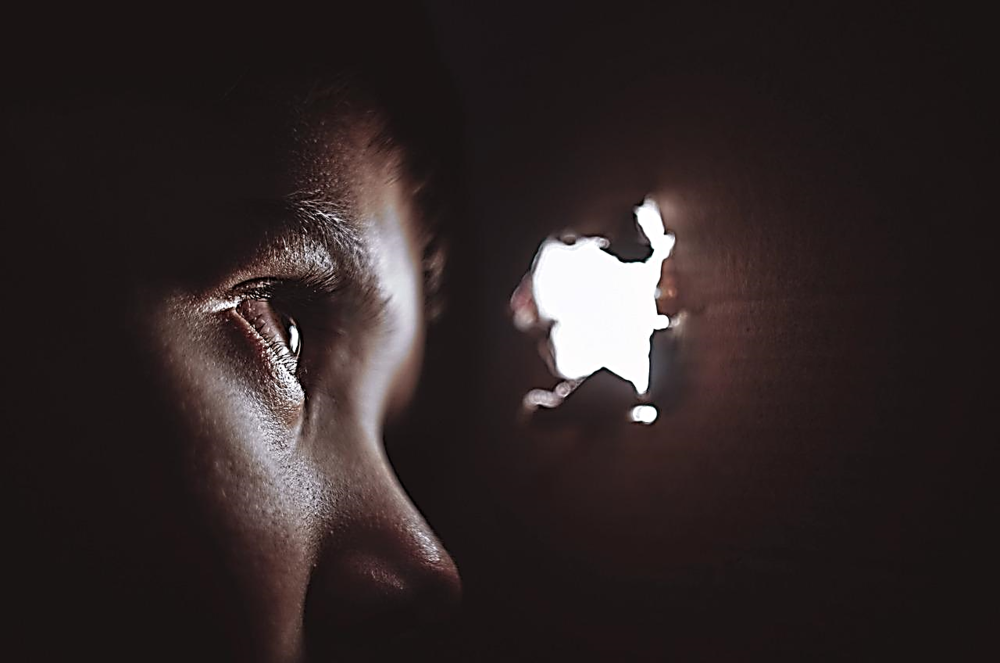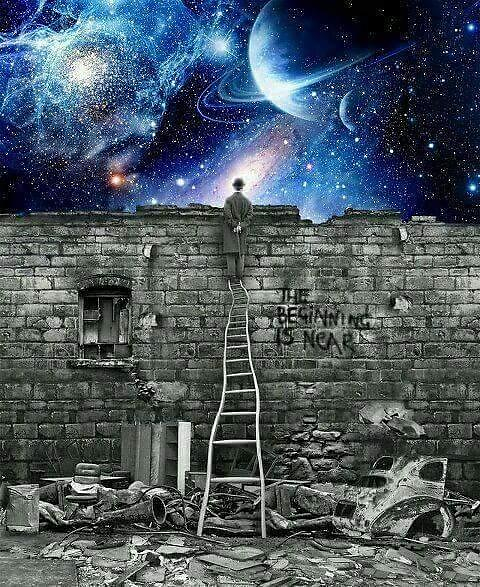 Journalism and Elections in Times of Disinformation
Journalism and Elections in Times of Disinformation
What compels journalists to risk their lives to expose oppression and corruption? Perhaps we who are called to prophetic mission are closer than we might imagine to journalists committed to truth, democracy, human rights and the environment.
For many global citizens, the journey to democracy is fraught with peril. For those in democratic countries, troubling trends such as intrusive surveillance highlight the need for ongoing vigilance.
Though sometimes considered meddlesome and even “dispensable”, journalists and news organizations can play a vital role as guardians, informed commentators and advocates. Their protection and independence are essential for many other freedoms at the heart of democracies.
This year in Canada, World Press Freedom Day precedes a fall federal election already marked by competing narratives about truth, trust and vision. Credible voices also warn about potential international interference in our upcoming election. In the United States, questions still surround the last federal election, while comments about “fake news” abound.
The United Nations notes that World Press Freedom Day offers opportunities to:
- Celebrate the fundamental principles of press freedom;
- Assess the state of press freedom throughout the world;
- Defend the media from attacks on their independence, and
- Pay tribute to journalists who have lost their lives in the line of duty (www.un.org).
The observance also highlights Article 19 of the Universal Declaration of Human Rights upholding the right to freedom of opinion and expression, including the right to impart information and ideas through any media regardless of frontiers.
In both 2018 and 2019, Reporters Without Borders ranked Canada 18th out of 180 countries on its World Press Freedom Index. Overall, the Paris-based organization pointed to a deterioration of media freedom around the world as the number of countries where journalists can work safely declines (rsf.org). Earlier, the government of Canada announced it will co-host a conference on media freedom with Britain July 10-11 this year in London.
World Press Freedom Day was inspired by the 1991 UNESCO* seminar held in Windhoek, Namibia. The Windhoek Declaration focused on promoting a free, independent and pluralistic African press.
This year’s international celebrations are being held May 1-3 in the Ethiopian capital, Addis Ababa. Globally, about 100 other events are planned to mark the observance, including a celebration May 2 in Ottawa sponsored by the Canadian Committee for World Press Freedom (www.ccwpf-cclpm.ca).
In his 2019 message for the church’s World Communications Day, Pope Francis emphasized the importance of real -- not only virtual -- human communities. He highlighted the urgent need for the Internet and social media to be at the service of truth and respectful relationships which foster communion (w2.vatican.va/content/francesco/en/messages/communications/documents/papa-francesco_20190124_messaggio-comunicazioni-sociali.html).
Questions for Reflection
- How does what we read, see and hear through various forms of media shape our perspectives and choices? How does what we’re not seeing, or hearing do the same?
- Highly concentrated ownership of mainline media in Canada can restrict our sources of information. What alternative sources of news, information and commentary do/might we choose to explore?
- How might we and our religious/faith communities support and encourage younger media personnel and journalism students?
~ Roma De Robertis, SCIC
Roma De Robertis is a Sister of Charity of the Immaculate Conception based in Saint John, NB. She has worked in Catholic journalism and justice and peace ministries. During her current sabbatical, she has been staying with Sisters of St. Joseph first in North Bay and now in London, ON.
(*UNESCO is the UN’s Educational, Scientific and Cultural Organization based in Paris, France.)








